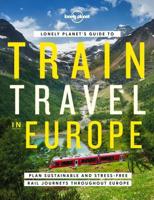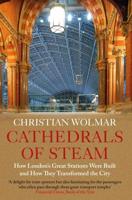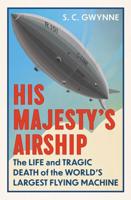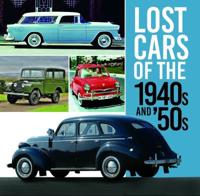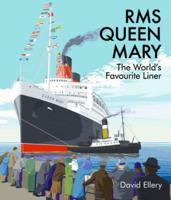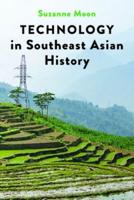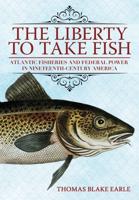Publisher's Synopsis
The manufacture of woollen products was one of the foremost industries in Leeds and the West Riding of Yorkshire. The railway companies were keen to gain a foothold in the region to profit from the movement of raw wool and finished products which had been transported along the Leeds and Liverpool Canal and River Aire since the eighteenth century. The discovery of coal in the south of the county, which was to power the mills and factories within the West Riding and further afield, was another attraction for the railways. Several railway companies competed for freight and passenger traffic, including the York and North Midland Railway, controlled by 'The Railway King', George Hudson. Indeed, he also had influence in other railways serving the locality, including the North Midland Railway, and was responsible for the formation of the Midland Railway, which also served the area. Before the 1923 'grouping', five railway companies competed for traffic in the West Riding: the Midland Railway, the Great Northern Railway, the Lancashire and Yorkshire Railway, the North Eastern Railway, and the London and North Western Railway. Each company had their own stations, locosheds, and warehouses in Leeds and the West Riding, creating a diverse pattern of architectural styles. With each company producing their own engines, there was also a great variety of locomotive design. The independence of and competition between the railway companies combined to form an intriguing background to the story of the railway systems in Leeds and the West Riding.

